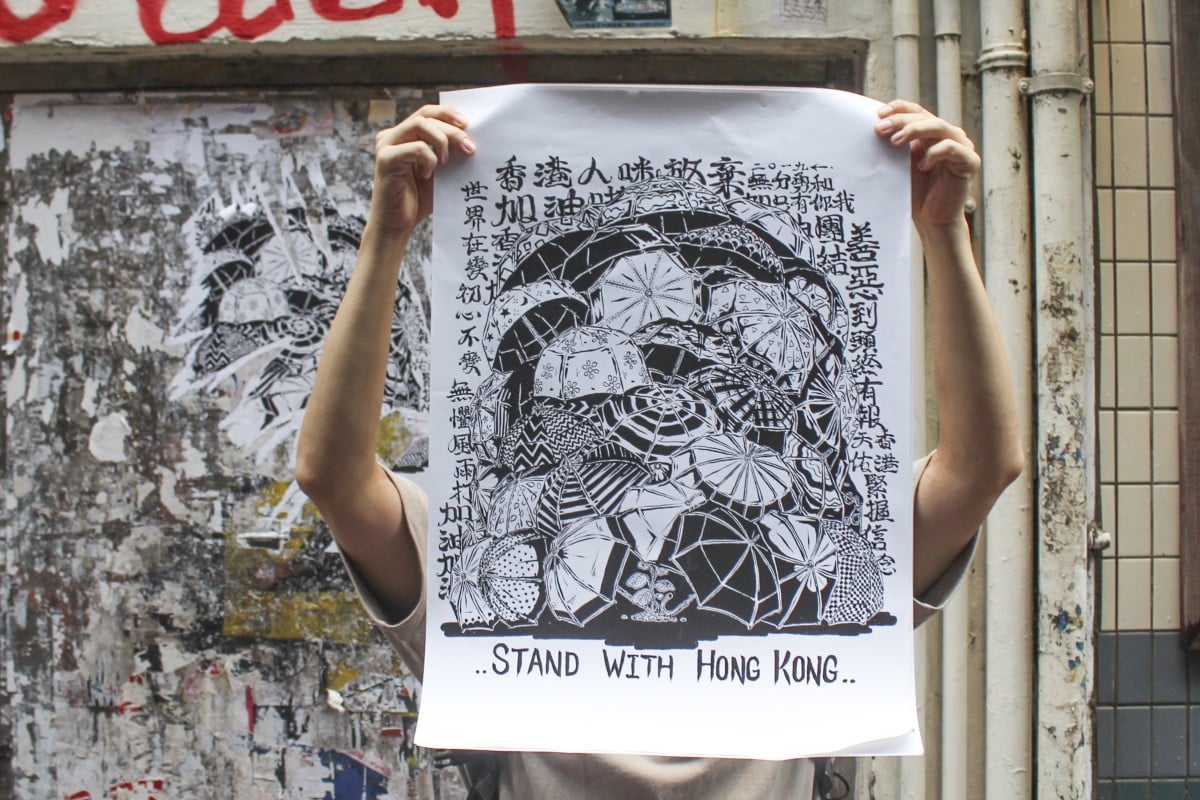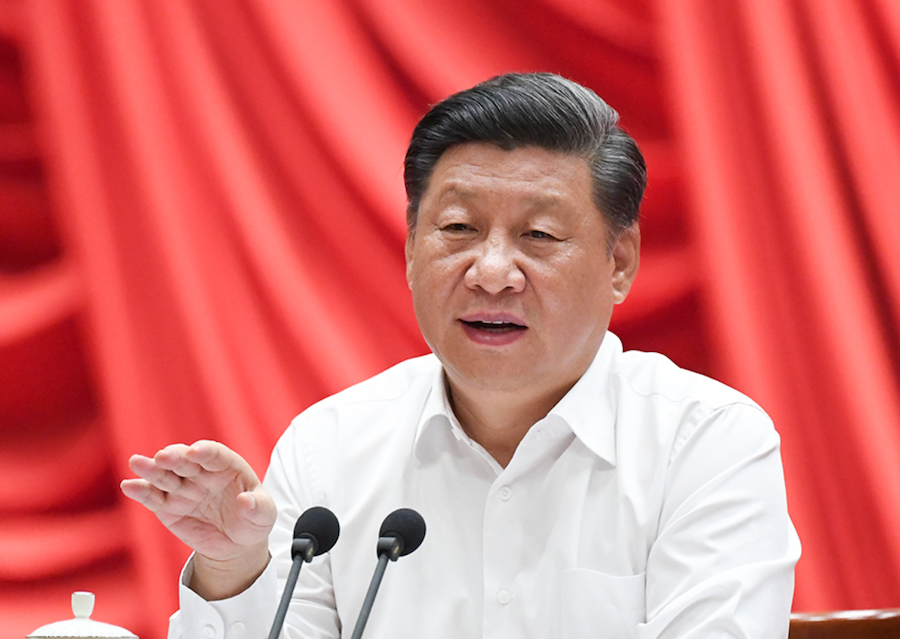Professor of Chinese Culture
Department of East Asian Languages & Cultures, Georgetown University
Apply
The Department of East Asian Languages and Cultures of Georgetown University invites applications for a tenured position of Professor in Chinese Culture. We are looking for a senior scholar with a distinguished record of research and publication. The successful candidate will also have a strong record of excellence in teaching undergraduates, as well as in administrative experience. The successful candidate will be expected to join us as the Chair of the Department and to provide leadership in reviewing the department’s current curricular offerings and the development of a proposal for a new East Asian Studies major. The normal faculty teaching load is two courses per semester, but the chair will have a one course per semester teaching load. The person hired will be expected to have a broad understanding of East Asia and to teach the freshman seminar “East Asia: Texts and Contexts” in rotation with other department faculty, as well as upper-level courses on China, some in the Chinese language and some in English. Evaluation of dossiers will begin immediately.
In order to receive full consideration, complete applications must be received by November 11, 2019 as follows: Go to
https://georgetown.wd1.myworkdayjobs.com/en-US/Georgetown_Faculty/job/Main-Campus/Professor-of-Chinese-Culture—Department-of-East-Asian-Languages—Cultures_JR07575-1 Continue reading Georgetown position





